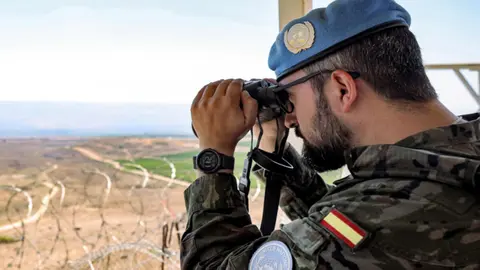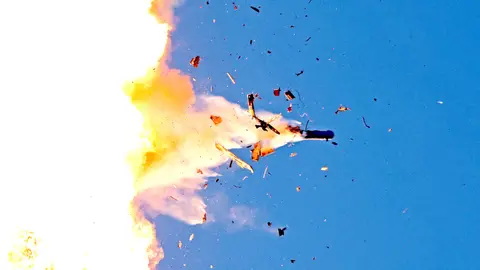Israel includes among its war aims the return of displaced persons from the north to their homes
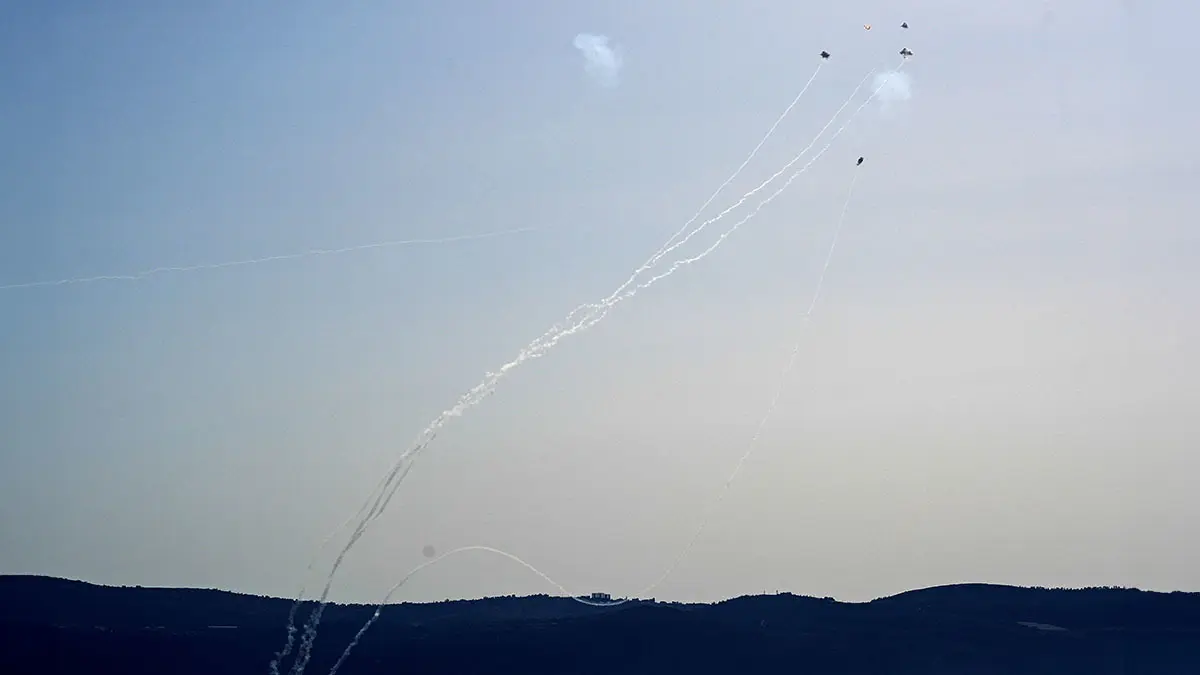
Nearly a year after Hezbollah began attacking northern Israel in support of Hamas, Israel's security cabinet has updated the war aims, adding the safe return of northern residents to their homes. ‘Israel will continue to act to achieve this goal,’ the Prime Minister's Office said in a brief statement.
Thousands of Israelis were evacuated from the northern border at the start of the war last October due to ongoing attacks by Hezbollah, a Lebanese Shi'ite militia backed by the Islamic Republic of Iran, which has already said it will not cease its offensive until a ceasefire is reached in the Gaza Strip.
In this regard, Israeli Defence Minister Yoav Gallant stressed during a meeting with Amos Hochstein, US President Joe Biden's Middle East envoy, that ‘the only way left to return the inhabitants of the north to their homes is through military action’. The Defence Minister indicated that the possibility of a deal is running out, as Hezbollah continues to ‘link up’ with Hamas and refuses to end the conflict.
These statements come amid rumours that Prime Minister Benjamin Netanyahu is expected to dismiss Gallant and replace him with Gideon Saar of the New Hope party. Differences between Netanyahu and Gallant have widened in recent months after the defence minister opposed the Prime Minister's refusal to accept a ceasefire agreement to free the hostages.
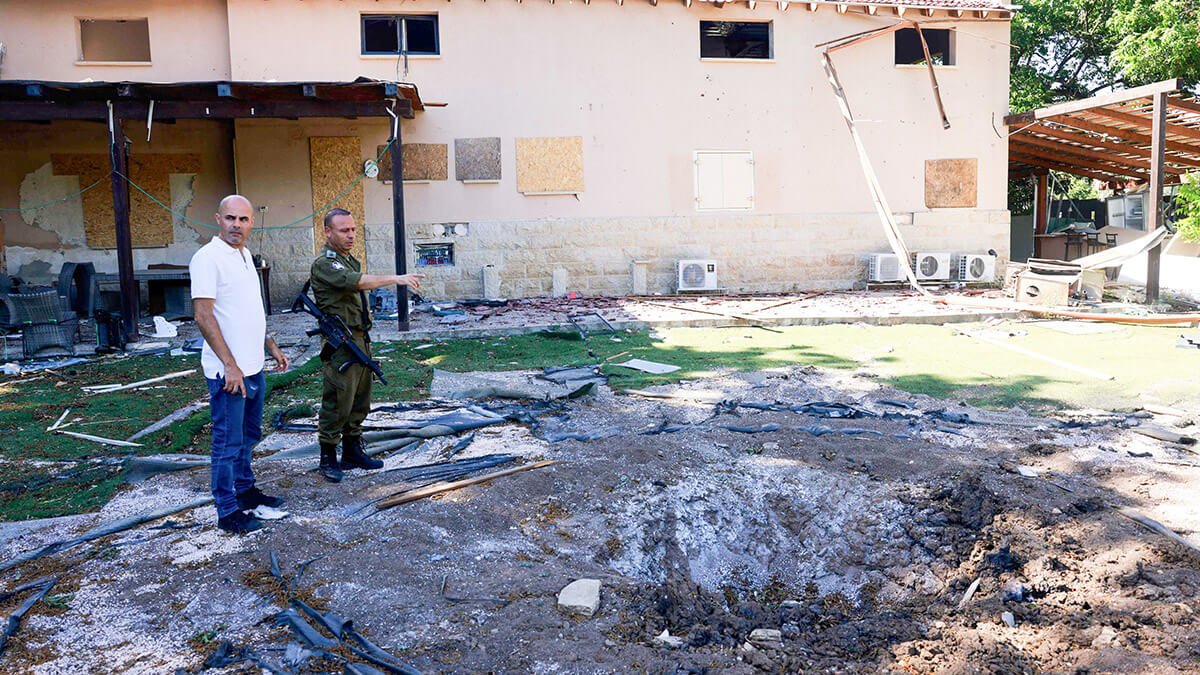
Gallant was also the only one of the nine Cabinet ministers to vote in late August against a continued troop presence on Gaza's border with Egypt, as this condition further distanced the possibility of reaching an agreement on the hostages' release.
On Hezbollah, however, both sides seem to agree on the need for military action to allow the displaced people from the north to return home. During the meeting with Amos Hochstein, Netanyahu ‘made it very clear that the return of our residents will not be possible without a fundamental change in the security situation in the north’, according to the Prime Minister's Office.
Prime Minister Benjamin Netanyahu met today with US Presidential Special Envoy Amos Hochstein.
— Prime Minister of Israel (@IsraeliPM) September 16, 2024
The Prime Minister made it very clear that it will not be possible to return our residents without a fundamental change in the security situation in the north.
Netanyahu also told Hochstein that, ‘while Israel appreciates and respects the support of the United States’, it will ultimately do ‘whatever is necessary to safeguard its security and return the residents of the north safely to their homes’.
The US opposes a military operation in Lebanon, a scenario that could trigger a full-scale regional war with Iran, which funds and supports all armed militias in the region that have stepped up attacks against Israel since last October.
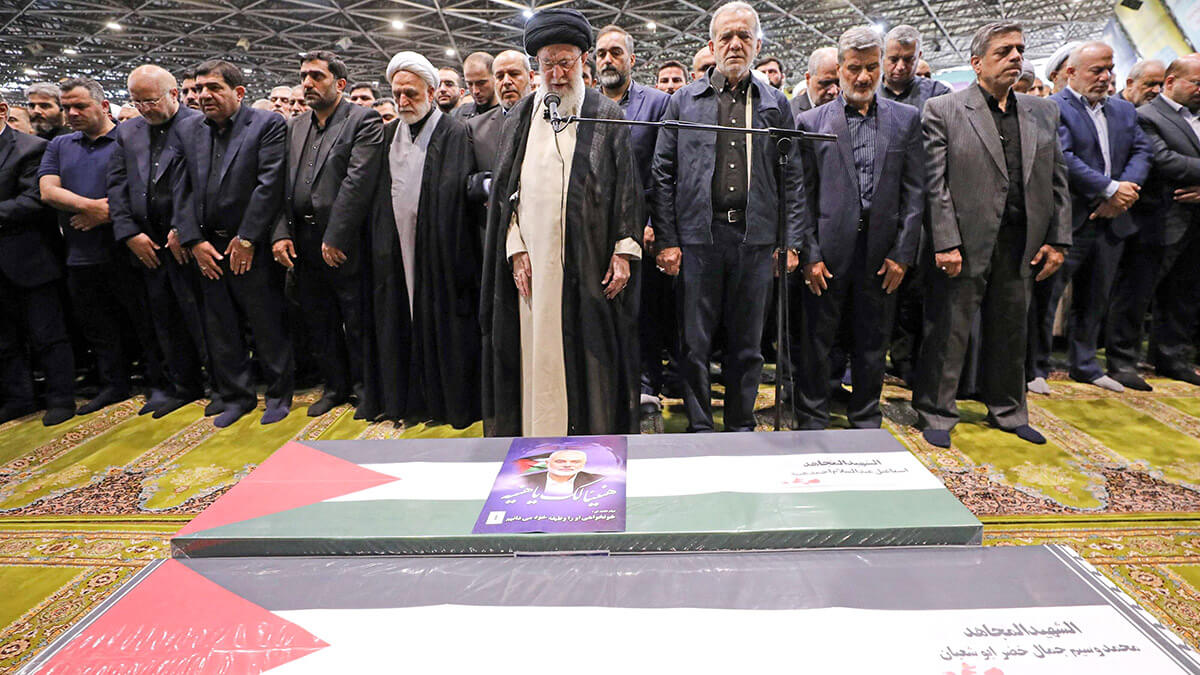
Among these groups - in addition to Hezbollah and Hamas - are Yemen's Houthis, who this past Sunday again launched an attack on central Israel. Last July, Yemeni rebels used a drone that killed a man in Tel Aviv. This time, they used a missile, causing minor damage and no deaths.
Current Hamas leader Yahya Sinwar, appointed after the assassination of Ismail Haniyeh in Tehran, has thanked the Houthis for their action, congratulating them for their contribution to ‘defeating’ Israel. ‘The combined efforts with Yemen and our brave brothers in the resistance in Lebanon and Iraq will break Israel and lead to its defeat,’ Sinwar wrote, alluding to Hezbollah and pro-Iran militias in Iraq.
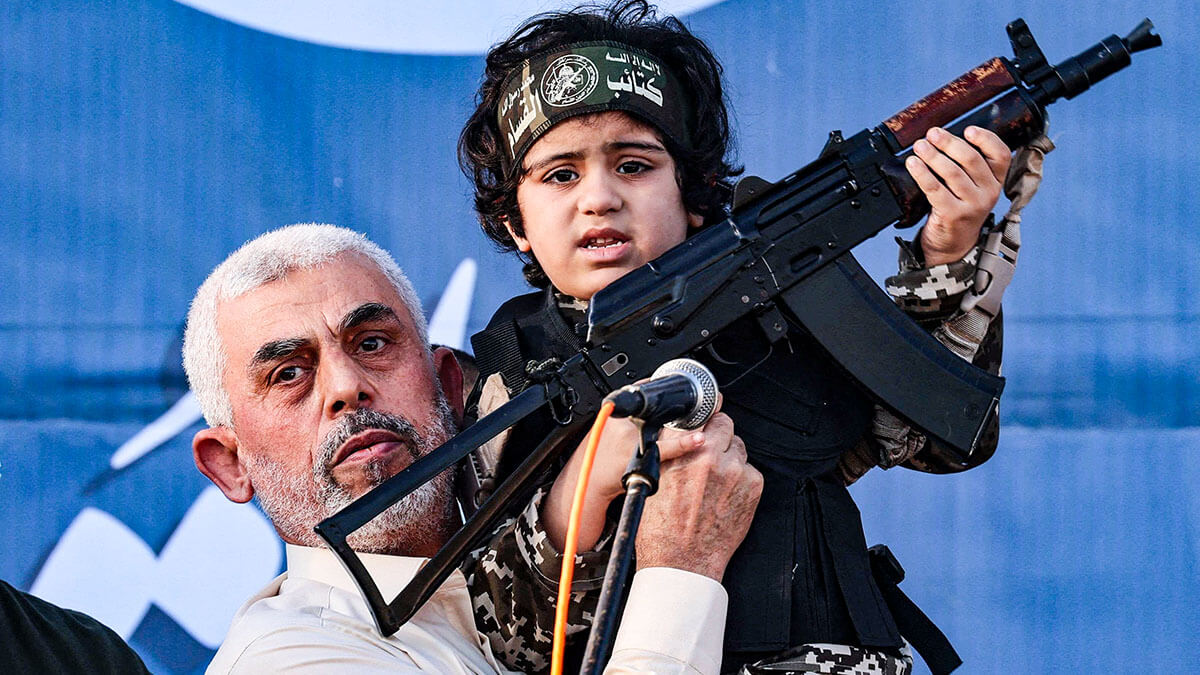
In the letter, the Hamas leader also announced that they are ‘prepared for a long war of attrition against Israel’ and that their ‘resistance forces in Gaza are in a good position’. Sinwar, one of Israel's most wanted men, represents the most extremist line of the terrorist group and is considered the mastermind of the 7 October attack.

